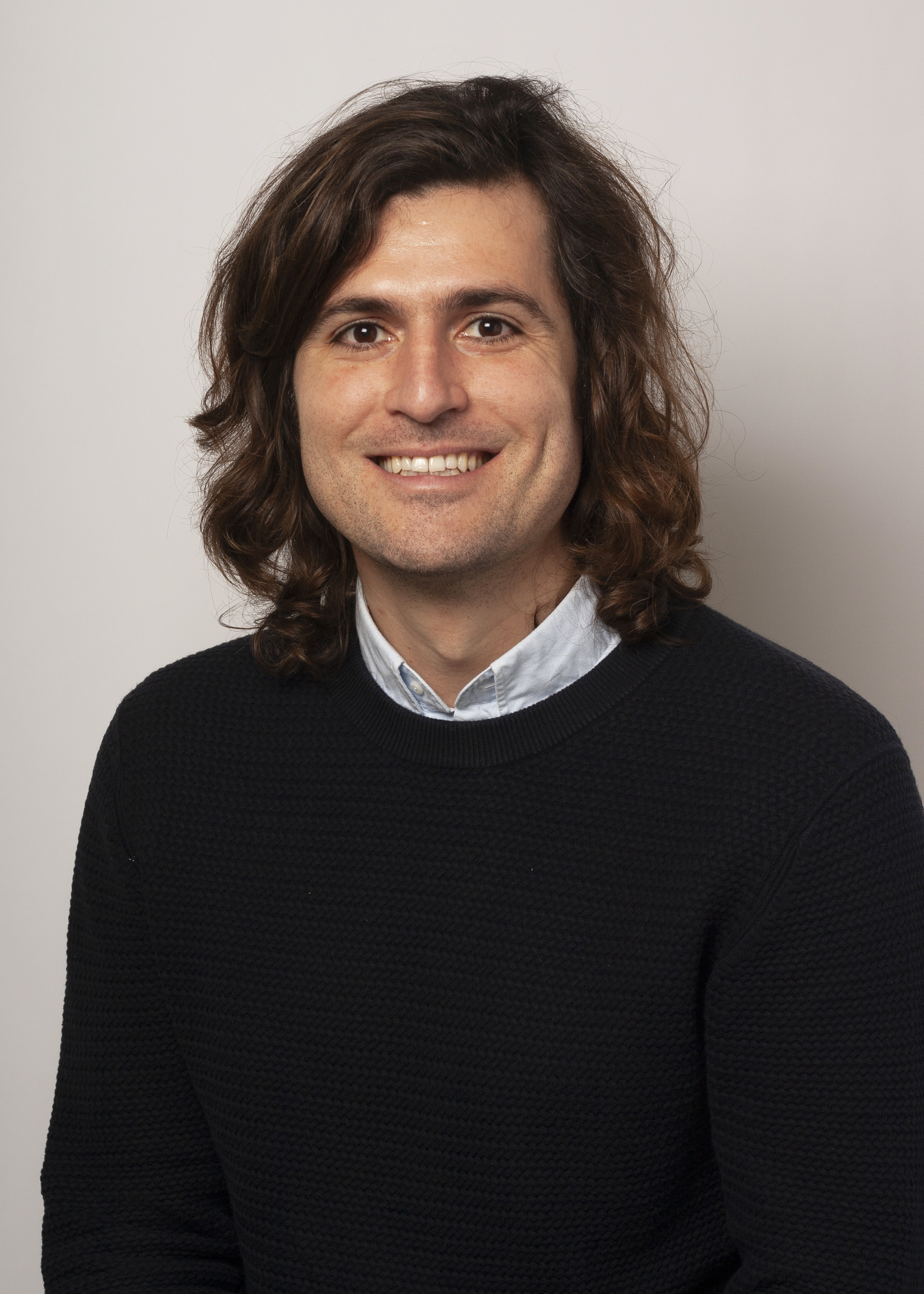New research group to expand our understanding of the system that repairs damage in our DNA
Pablo Alcón has been awarded a Lundbeck Foundation Fellowship of EUR 1.3 million to establish a research group at the Department of Molecular Biology and Genetics, Aarhus University, where he will investigate how human cells repair the damages occurring in our DNA.

Damages to DNA can accumulate with age, increasing the risk of serious diseases such as cancer and neurodegenerative disorders. Pablo Alcón and his upcoming research group will employ cryogenic electron microscopy (cryo-EM) to investigate proteins repairing these damages, aiming to understand their role in disease development, including Fanconi Anemia (FA), a rare hereditary disease associated with bone marrow failure and an increased cancer risk.
Their work aims to elucidate the molecular mechanisms behind the DNA repair system's function, which could potentially impact the development of new treatments for hereditary diseases and cancer. Pablo Alcón has previously contributed to understanding disease causes and treatment options through his research and Ph.D. studies at the University of Copenhagen.
"My goal is to acquire new knowledge about how human cells more intricately attempt to repair the damages occurring in our DNA. The better we understand this repair system, the better we will also comprehend a range of diseases — and this will simultaneously increase the possibilities for developing new treatments against them," says Pablo Alcón, structural biologist and postdoc at The Laboratory of Molecular Biology (LMB) in Cambridge, UK.
Throughout evolution, our cells have developed a complex defense system consisting of hundreds of proteins that can detect and repair DNA damages at the molecular level. Unfortunately, this system cannot capture and correct all DNA damages, which can lead to an accumulation of damages over time. This accumulation is associated with a range of serious human diseases, including certain forms of cancer and neurodegenerative disorders.
Pablo Alcón's research group will conduct studies using cryogenic electron microscopy, a method that provides a 3D image of biological structures down to the molecular level when the material is examined at very low temperatures. This will provide an understanding of how the proteins work, contributing to finding or repairing gene errors, explains Pablo Alcón.
Pablo Alcón was previously part of a research team that a few years ago demonstrated the molecular architecture behind a protein complex that plays a central role in Fanconi Anemia. It is a rare, hereditary blood disorder often accompanied by physical deformities and an increased risk of cancer.
Pablo Alcón, 38, is one of the five younger, particularly talented researchers who in 2024 receive a Lundbeck Foundation Fellowship totaling EUR 1.3 million. The grant will be disbursed over the next five years. He will commence building his research group at the Department of Molecular Biology and Genetics on August 15, 2024.
This text is based on a news article from the Lundbeck Foundation.
